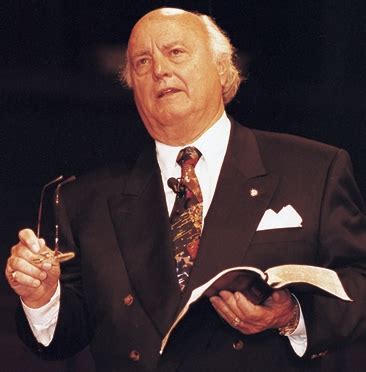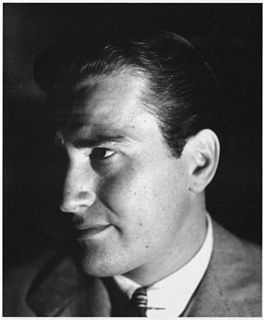A Quote by Philip Stanhope, 4th Earl of Chesterfield
Pleasure is a necessary reciprocal. No one feels, who does not at the same time give it. To be pleased, one must please. What pleases you in others, will in general please them in you.
Related Quotes
When [the saints] perform actions to God, then the soul says: 'Oh! that I could do what pleases God!' When they come to suffer any cross: 'Oh, that what God does might please me!' I labour to do what pleases God, and I labour that what God does shall please me: here is a Christian indeed, who shall endeavour both these. It is but one side of a Christian to endeavour to do what pleases God; you must as well endeavour to be pleased with what God does, and so you will come to be a complete Christian when you can do both, and that is the first thing in the excellence of this grace of contentment.
In order to judge of the inside of others, study your own; for men in general are very much alike; and though one has one prevailing passion, and another has another, yet their operations are much the same; and whatever engages or disgusts, pleases or offends you, in others, will, mutatis mutandis, engage, disgust, please, or offend others, in you.
Excellent flatterers welcome attentive audiences; mighty potentates enjoy public praise. In the most pleasing situation, a flatterer would genuinely admire the flatteree, please that person, please other present company, be pleased to stagger rivals, and get something out of it: applause, promotion, a favor, reciprocal praise. Flattery is as social as a banquet.
There's a wonderful old Italian joke about a poor man who goes to church every day and prays before the statue of a great saint,'Dear saint-please, please, please...give me the grace to win the lottery.' This lament goes on for months. Finally the exasperated statue come to life, looks down at the begging man and says in weary disgust,'My son-please, please, please...buy a ticket.
Please do as I requested, only if you can do so with the joy of a little child feeding a hungry duck. Please do not do as I request if there is any taint of fear of punishment if you don't. Please do not do as I request to buy my love, that, is hoping that I will love you more if you do. Please do not do as I request if you will feel guilty if you don't. Please do not do as I request if you will feel shameful. And certainly do not do as I request out of any sense of duty or obligation.
I'll give you the sole secret of short-story writing, and here it is: Rule 1. Write stories that please yourself. There is no rule 2. The technical points you can get from Bliss Perry. If you can't write a story that pleases yourself, you will never please the public. But in writing the story forget the public.
































